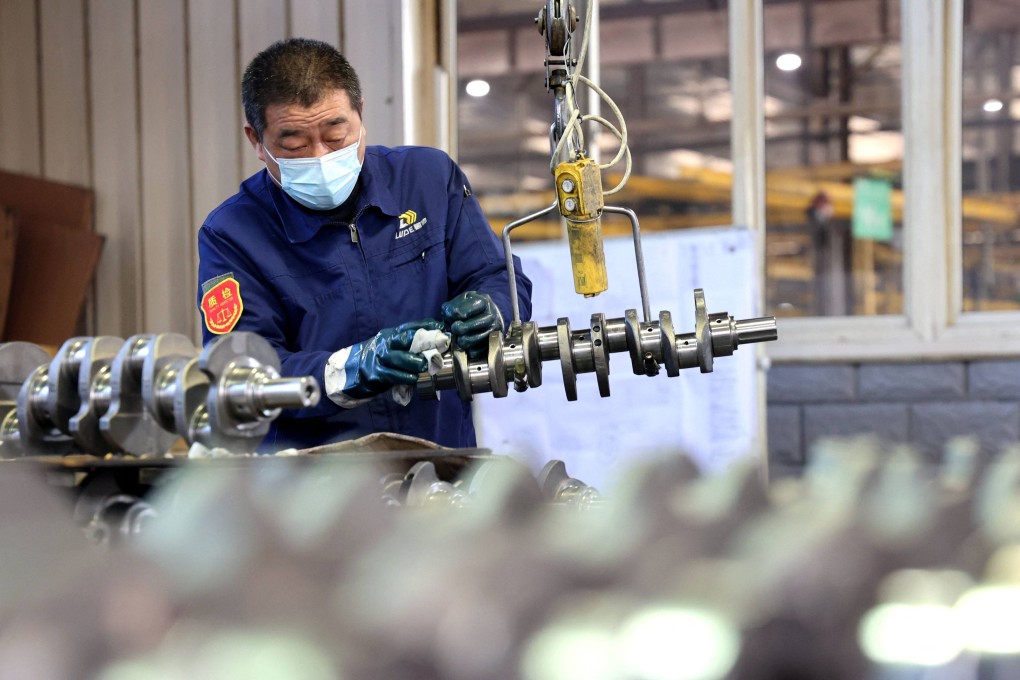Editorial | Patience needed when it comes to managing the economic recovery
Bringing about meaningful structural changes and stimulating healthy growth in the world’s second-largest economy is no simple task

China’s consumption growth and property investment slowed in November, as concerns remain over the sluggish state of the recovery. With each data release or leadership meeting, hopes linger for some kind of big bang stimulus package to kick-start the economy. A strong dose of patience appears to be in order.
Retail sales grew 3 per cent year on year in November, the key consumption barometer falling short of analysts’ expectations and down from the 4.8 per cent logged in October. Fixed asset investment declined slightly. Industrial output ticked up marginally. Signs point to an economy that is not out of the woods yet.
President Xi Jinping has been trying to restructure the economy to reduce reliance on traditional sectors like manufacturing and real estate and shift to high-quality growth areas like technology.
In midyear, as the Communist Party held its Third Plenum in July, concerns were emerging over the lingering sluggishness. To free up money for lending, the central bank in September cut the reserve ratio requirement and mortgage rates.
Since then officials have called for going all out to hit the annual growth target of about 5 per cent. Efforts are focused on reforms to boost market liquidity, as well as scrapping curbs on home purchases to stabilise the real estate sector. Still, confidence is fragile and the inclination to save is strong.
The flat November figures came on the heels of the Central Economic Work Conference, which set out stimulating domestic consumption as the broad policy aim of 2025.
